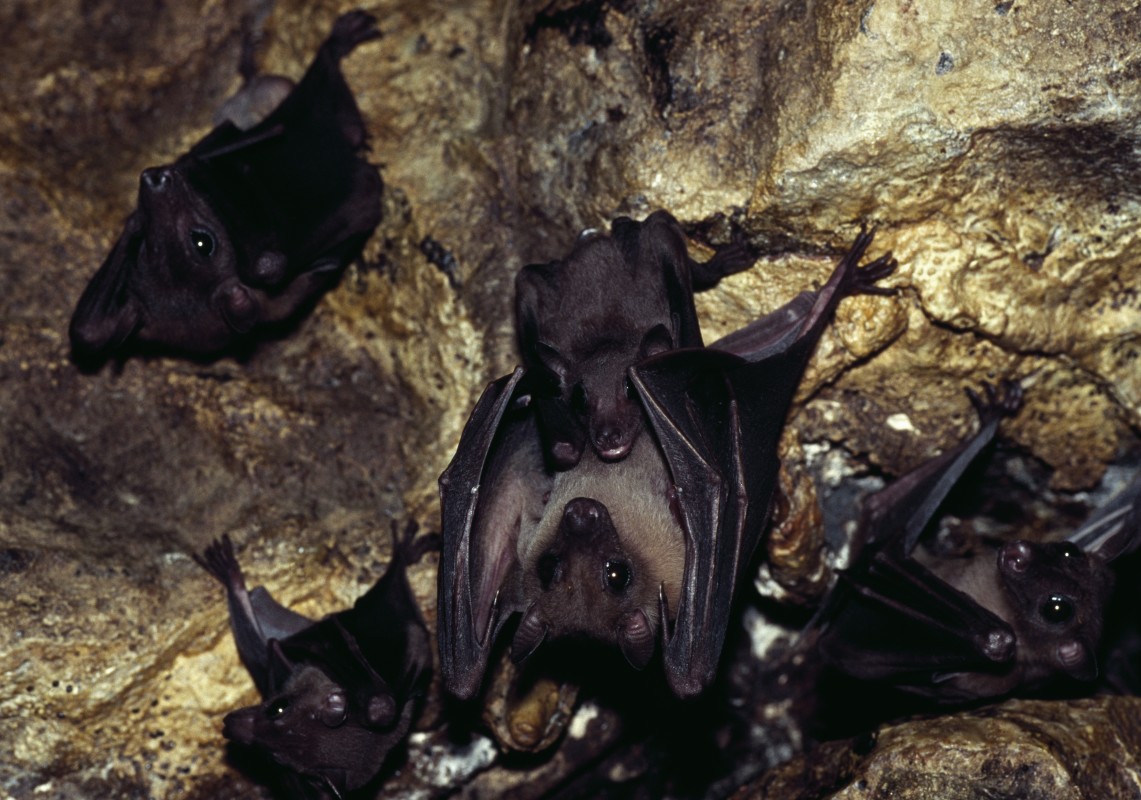The National Park Service is warning tourists about concerns relating to possible “bat exposures” at a Grand Teton National Park lodge.
The National Park Service has posted details about rabies following the bat exposure fears. The website contains a message for guests who stayed at Jackson Lake Lodge between May 5, 2025, and July 27, 2025, who are concerned about “bat exposures,” the National Park Service wrote.
“Were you exposed to a bat in a building in Grand Teton National Park?” the website asks. It contains detailed information about rabies.
The National Park Service Says a ‘Suspected Bat Colony’ Was Found at Jackson Lake Lodge
“A suspected bat colony was recently discovered in an attic space above guest rooms 516, 518, 520, 522, 524, 526, 528 and 530 at the Jackson Lake Lodge. There is no immediate threat to the public,” the National Park Service wrote. That lodge is located at Grand Teton National Park.
“Wyoming Department of Health and the Centers for Disease Control and Prevention are leading the effort to coordinate with the affected guests’ local public health officials, who will conduct rabies risk assessments,” the statement added.
However, none of the bats had tested positive for rabies so far.
Wyoming State Health Officer Dr. Alexia Harrist told the New York Post that the bats tested were just a sample from the colon, however.

DEA / C.DANI / I.JESKE/Getty Images
“State public health officials are reaching out to these guests directly to assess if they had exposure to a bat while staying in any of these rooms and determine if they meet the risk criteria for receiving rabies preventive treatment, it adds.
There Were 8 Reports Involving Overnight Guests ‘Who May Have Been Exposed to Bats’
The National Park Service says there have been eight reports of possible exposure.
“Individuals who meet the risk criteria for a rabies exposure will be connected with the appropriate provider in their home state for preventive treatment,” the Park Service wrote. “Since June 2, Grand Teton Lodge Company has received eight reports involving overnight guests who may have been exposed to bats in Jackson Lake Lodge rooms. As a precaution, the affected rooms are closed while public health professionals conduct further assessments and provide recommendations for mitigation.”
Men’s Journal has reached out to the Wyoming Department of Health for additional details and was referred back to the National Park Service website.
“Rabies is a virus that can spread to mammals, including people. Rabies mostly affects the central nervous system and leads to severe brain disease and death if medical care is not received before symptoms start,” the National Park Service wrote.
Rabies is “generally transmitted through the saliva of an infected animal, either through a bite or scratch,” the Park Service added.
“Bats are of special concern for a rabies exposure because their scratches and bites are very small and may not be noticeable,” the website notes.
“The time from the initial exposure (bite or scratch) to the appearance of rabies symptoms can be weeks to months. In Wyoming, rabies is most commonly found in bats and skunks. Even though rabies in animals is rare, animal exposure, especially involving bats, is treated very seriously due to the fatal outcome if the animal is rabid.”
The National Park Service is also providing tips for how to “reduce your risk of a rabies infection during your stay at Grand Teton National Park.” Those tips are:
- “Watch wildlife from a distance. Do not touch or pet wild animals.”
- “Alert a park ranger, campground host, or lodge representative immediately if you see aggressive, sick, or unusual behavior in an animal.”
- “Call the local health department or contact a park ranger if you are attacked, bitten, or scratched by a wild or domestic animal.”
- If you’ve been bitten or scratched, immediately wash the bite or scratch for 15 minutes with warm water and soap.”
If people see a bat in their tent or room, the Park Service warns that people should not “approach or try to capture a bat” and should leave the room immediately and contact a park ranger or other official.
